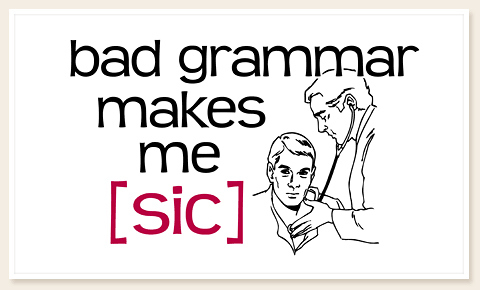1. Commas
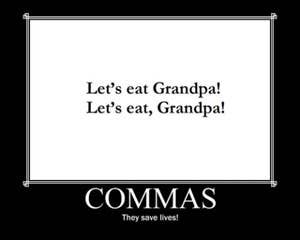
1.1 Commas in lists
If you're listing things to do, for example, you have to put commas in between the deeds. I have to clean my room, wash the dishes, fix the windows, and vacuum the living room, the dining room, and the bedroom. (There is some controversy over whether or not a comma before "and ___" is needed. My advice to you is this: if in doubt, don't comment.)
1.2 Commas in addresses
I see this mistake too often. A wall post on Facebook reads, "Happy birthday Fred!" Looks fine, right? Look again. There should be a comma before Fred, after birthday. Same goes for "Go to bed Jack" and "shut up smartass." (If somebody tells you via internet to "shut up smartass," just fire back with your new knowledge of commas. It won't reinforce the other person's idea of your smartassness, I promise.)
1.3 Identification
Consider the following quote: "I went to see a movie with my friend, Alex." Assuming the speaker is not addressing Alex, this sentence is unlikely to be correct. As it is, the speaker is claiming that Alex is his or her only friend. In my experience, people usually have multiple friends, so that comma should not be there.
1.4 Splices
Comma splices happen when two independent clauses (that is, grammatical units that each contain a subject and a verb and that could stand alone as sentences) are linked with a comma. Here's an example: She used to buy beer, now she buys wine. To fix this, insert a period or a semicolon in place of the comma, or correct it to "She used to buy beer, but now she buys wine."
2. Your vs. You're
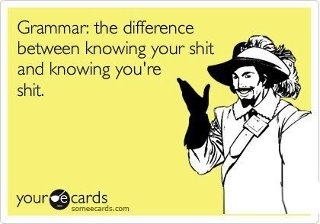
3. Fewer vs. Less
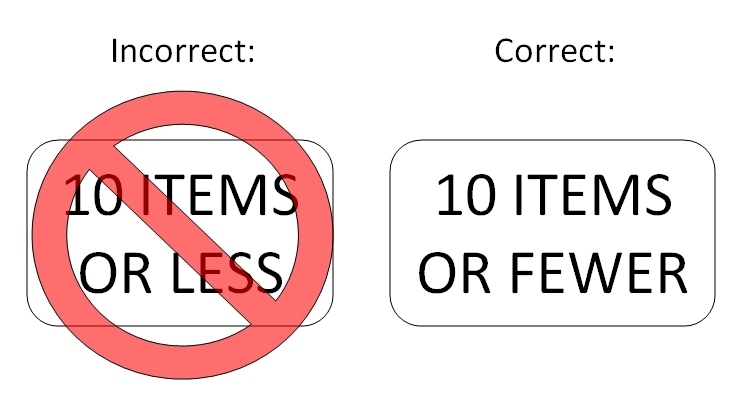
4. Affect vs. Effect
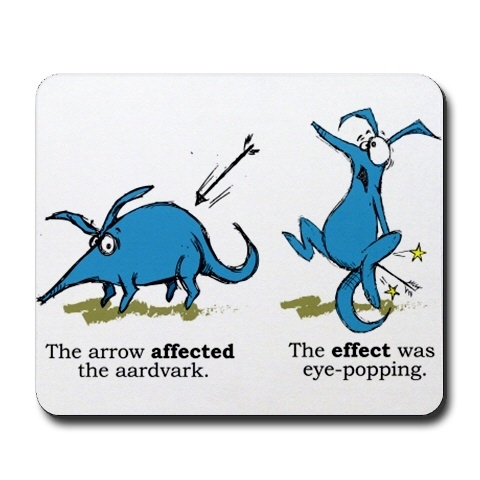
5. Nauseous and Nauseated
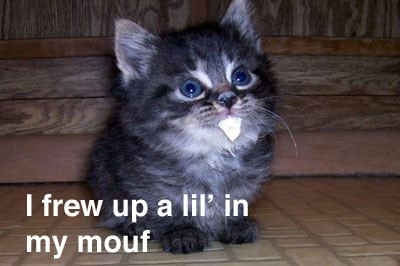
6. Its vs. It's

7. Then vs. Than
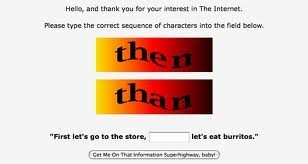
8. Me, Myself, and I
